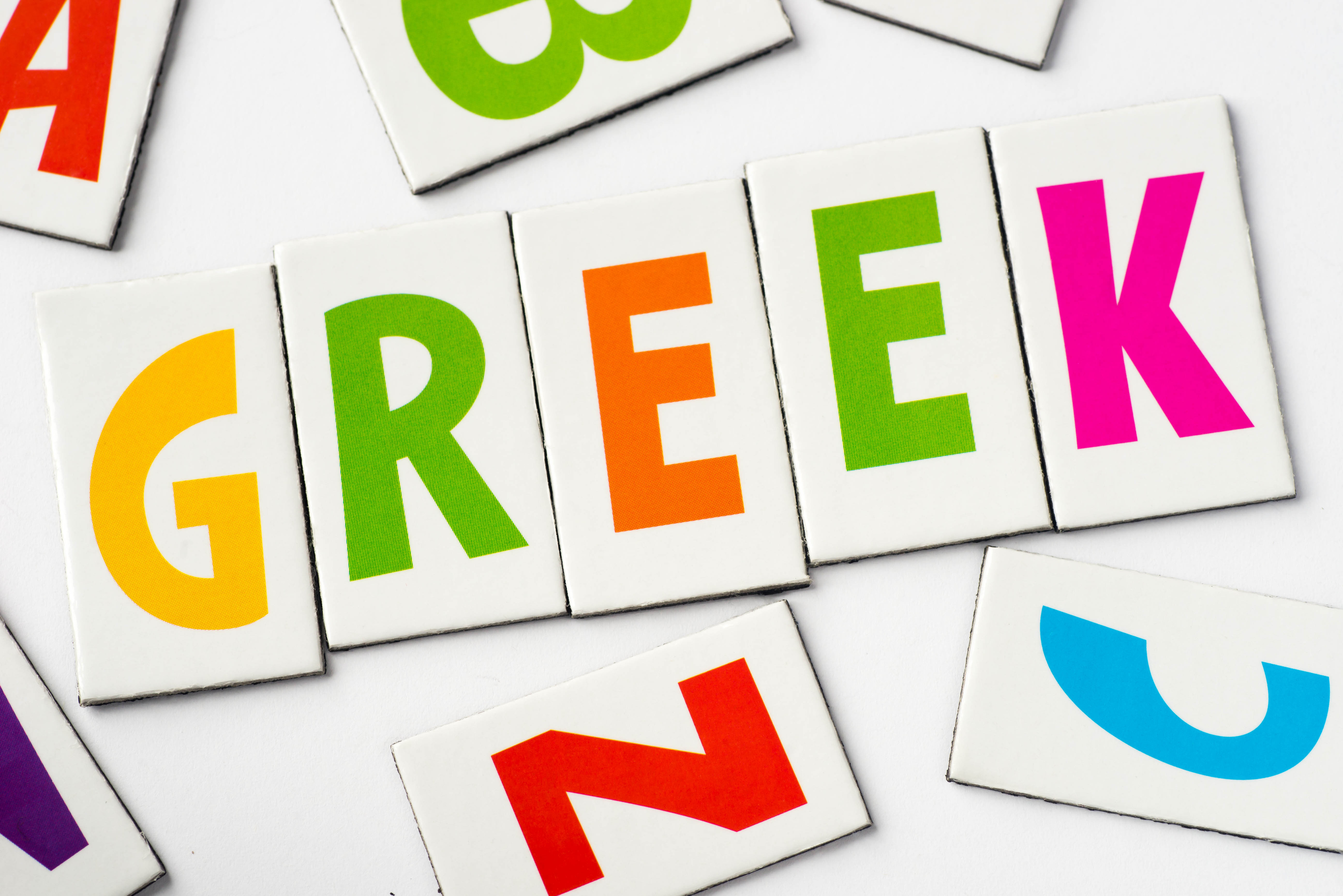

Greek bakeries are now calling themselves ‘bread factories’. Its influence, as the language of the New Testament and as a vehicle of thought for golden age playwrights, scientists and philosophers, helped it withstand the test of time. I came up with the word diadiktyo for the internet and am glad to say it has stuck.”Īlmost no tongue has been spoken as continuously as Greek, used without respite in roughly the same geographical region for 40 centuries. “But where possible, I also insisted that if they could be replaced by Greek words they should.


“I included them in the Lexicon,” he says of his magisterial 2,500-page dictionary of modern Greek language. The advent of the internet also posed challenges, he concedes, but he has never opposed adding new words that translated and conveyed technological advances. With nine dictionaries to his name, the octogenarian is the first to say that language evolves. On the television you hear phrases such as ‘rapid tests are being conducted via drive-through’, and almost all the words are English. “Far too many of them are entering spoken and written Greek. “We have been deluged by new terms and definitions in a very short space of time,” he told the Observer. The sheer scale of the pandemic and the terminology spawned by its pervasiveness have produced fertile ground for verbal incursions on his mother tongue that Babiniotis thought he would never see. Wholly Greek in derivation – pan means all, demos means people – its usage shot up by more than 57,000% last year according to Oxford English Dictionary lexicographers.īut these days, Greece’s foremost linguist is less mindful of how the language has enriched global vocabulary, and more concerned about the corrosive effects of coronavirus closer to home. Usually, Professor Georgios Babiniotis would take pride in the fact that the Greek word “pandemic” – previously hardly ever uttered – had become the word on everyone’s lips.Īfter all, the term that conjures the scourge of our times offers cast-iron proof of the legacy of Europe’s oldest language.


 0 kommentar(er)
0 kommentar(er)
